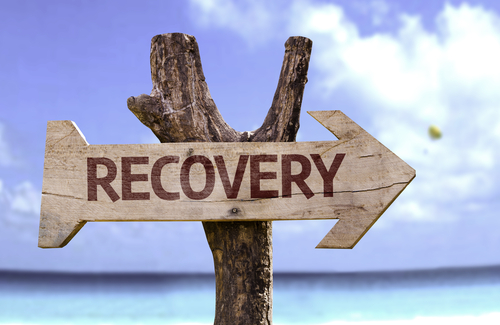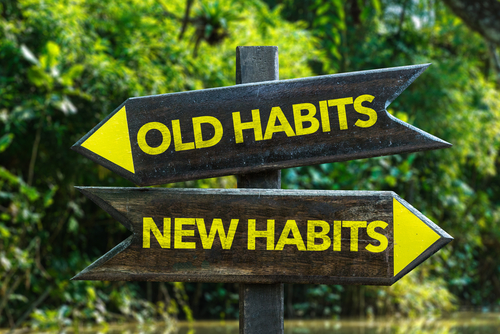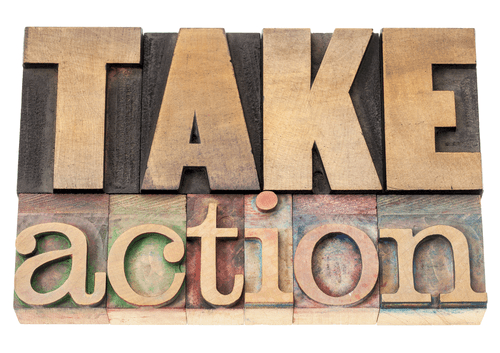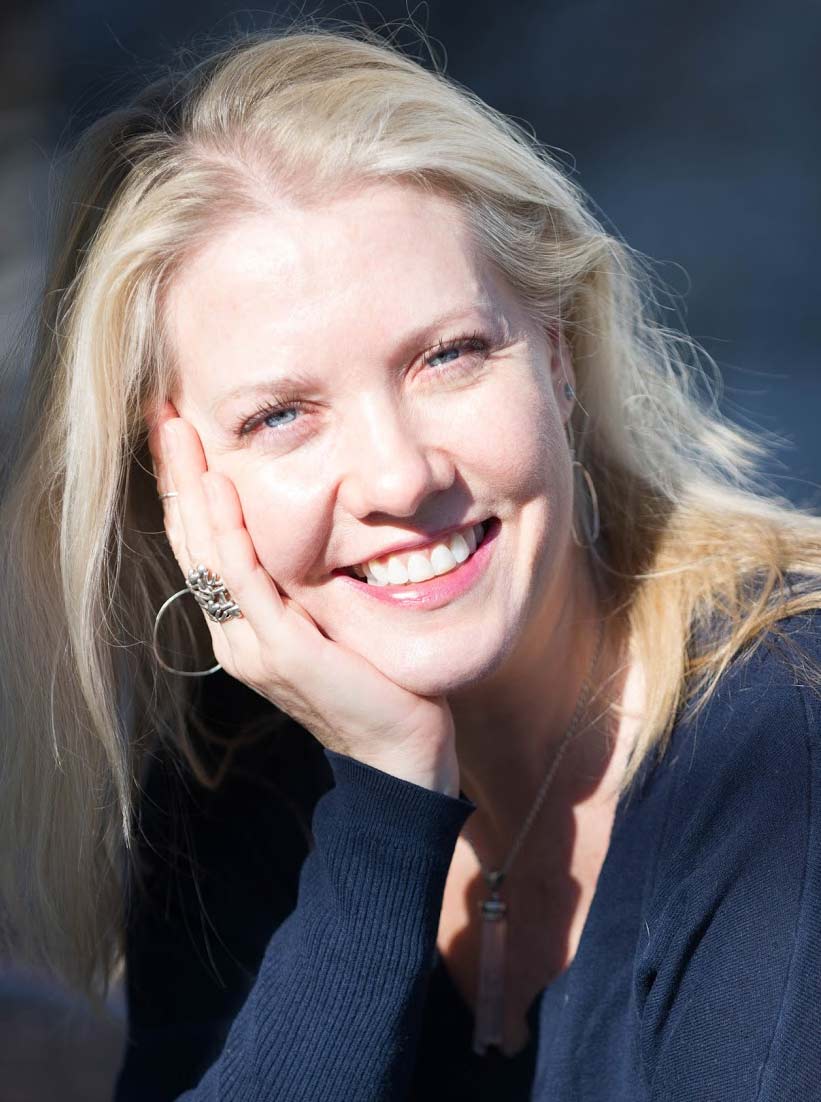Welcome to Recovery Life Coach!
I’m so glad you found your way to this page! I’m a certified addiction recovery coach with 40 years clean and sober. If you’re just beginning your recovery from addiction, I can help. Getting and staying clean can be an exciting time, but it can also be tough. Having extra support on your road to recovery can make all the difference.
If you’re ready to empower yourself and commit to your recovery, I’ve got your back. Check out my programs and see which one is right for you!
What are the Differences between a Recovery Life Coach, a Counselor, a Therapist and a Sponsor?
 Plant the seeds for your dreams.
People often wonder what the difference is between coaching and counseling. There are many differences, as well as many similarities.
While coaching and counseling are the same in that both provide you with a helpful person to support your wellness and growth,
coaches and counselors can have significant differences in their training, approach and intention. Counseling implies a relationship
where the counselor is the expert, whereas the coach is neither expert nor authority; rather, the client is the expert about his or her own life.
Coaching can be distinguished from counseling and many other professional relationships in that coaching is based on a partnership.
A coach’s job is to get the client to think, to grow, to find their desires and to reach their goals.
Plant the seeds for your dreams.
People often wonder what the difference is between coaching and counseling. There are many differences, as well as many similarities.
While coaching and counseling are the same in that both provide you with a helpful person to support your wellness and growth,
coaches and counselors can have significant differences in their training, approach and intention. Counseling implies a relationship
where the counselor is the expert, whereas the coach is neither expert nor authority; rather, the client is the expert about his or her own life.
Coaching can be distinguished from counseling and many other professional relationships in that coaching is based on a partnership.
A coach’s job is to get the client to think, to grow, to find their desires and to reach their goals.
 A coach can guide you through.
Recovery Coaches are not therapists. They are highly trained partners who work with you so you can have the life you want in recovery. They won’t tell you what to do. Rather, they will support you in leading a more fulfilled life. Therapy is for those who are seeking relief from emotional pain. Coaching ethics and guidelines require that if a client is primarily seeking relief from emotional pain they must be referred to a therapist.
A coach can guide you through.
Recovery Coaches are not therapists. They are highly trained partners who work with you so you can have the life you want in recovery. They won’t tell you what to do. Rather, they will support you in leading a more fulfilled life. Therapy is for those who are seeking relief from emotional pain. Coaching ethics and guidelines require that if a client is primarily seeking relief from emotional pain they must be referred to a therapist.
 Celebrate your achievements!
Coaching is often used concurrently with therapy, but should not be considered a substitute for therapy. Coaches don’t diagnose. Coaching focuses on the present and future, while therapy will include a focus on the past. In therapy the concern is often how unresolved issues are impacting the present. A therapist will help you understand yourself better and come to terms with underlying psychological issues that may have fueled your substance abuse.
Celebrate your achievements!
Coaching is often used concurrently with therapy, but should not be considered a substitute for therapy. Coaches don’t diagnose. Coaching focuses on the present and future, while therapy will include a focus on the past. In therapy the concern is often how unresolved issues are impacting the present. A therapist will help you understand yourself better and come to terms with underlying psychological issues that may have fueled your substance abuse.
 Find Peace with your past and create your future
A sponsor is a non-paid peer helper who agrees to support an individual in a 12 step program. A sponsor is the person who helps the sponsee learn about the program, how it works, and what the expectations are. A sponsor makes him or herself available for support, providing a willing ear to listen when the sponsee needs to talk and offering encouragement and advice on resisting temptation. In addition, a sponsor is a mentor and guide, someone who has more experience with both the 12 step program and the process of working the steps.
Find Peace with your past and create your future
A sponsor is a non-paid peer helper who agrees to support an individual in a 12 step program. A sponsor is the person who helps the sponsee learn about the program, how it works, and what the expectations are. A sponsor makes him or herself available for support, providing a willing ear to listen when the sponsee needs to talk and offering encouragement and advice on resisting temptation. In addition, a sponsor is a mentor and guide, someone who has more experience with both the 12 step program and the process of working the steps.
 Create new habits for success.
One of the most important and beneficial traits that a sponsor can have is the ability to understand what the sponsee is going through. A person who has never known the powerful tug of an all-consuming addiction can never truly understand what an individual who suffers from the disease of addiction is experiencing on a daily basis. While a Recovery Life Coach has the experience of recovery from addiction and might bring up the 12 Steps if applicable, coaches work with you as you are in the present moment. They aren’t influenced by your past. They don’t have preconceived ideas about who you are. Coaches take you as you are right now and help you to find out how you’d like to be different in your life, and then support you in achieving it. The coaching is always grounded in agreed-upon actions with agreed-upon accountability.
Create new habits for success.
One of the most important and beneficial traits that a sponsor can have is the ability to understand what the sponsee is going through. A person who has never known the powerful tug of an all-consuming addiction can never truly understand what an individual who suffers from the disease of addiction is experiencing on a daily basis. While a Recovery Life Coach has the experience of recovery from addiction and might bring up the 12 Steps if applicable, coaches work with you as you are in the present moment. They aren’t influenced by your past. They don’t have preconceived ideas about who you are. Coaches take you as you are right now and help you to find out how you’d like to be different in your life, and then support you in achieving it. The coaching is always grounded in agreed-upon actions with agreed-upon accountability.
 Take action and move forward
Recovery Life Coaching is about getting the very best out of people.
The Recovery Coach’s primary focus is on coaching individuals to develop and live meaningful, purposeful and fulfilling lives whether in a 12 step program or not.
In coaching, the question is,
Take action and move forward
Recovery Life Coaching is about getting the very best out of people.
The Recovery Coach’s primary focus is on coaching individuals to develop and live meaningful, purposeful and fulfilling lives whether in a 12 step program or not.
In coaching, the question is,
 Create the life you imagine!
what can be done today to move the client forward toward their goals and the realization of their vision? Coaches work with you to come up with
your own solutions and make your own choices. A coach helps you find your strengths and apply them to having a better life. We support you to stay on track and take the actions that bring about transformation to live a happier, more fulfilled life.
Create the life you imagine!
what can be done today to move the client forward toward their goals and the realization of their vision? Coaches work with you to come up with
your own solutions and make your own choices. A coach helps you find your strengths and apply them to having a better life. We support you to stay on track and take the actions that bring about transformation to live a happier, more fulfilled life.
